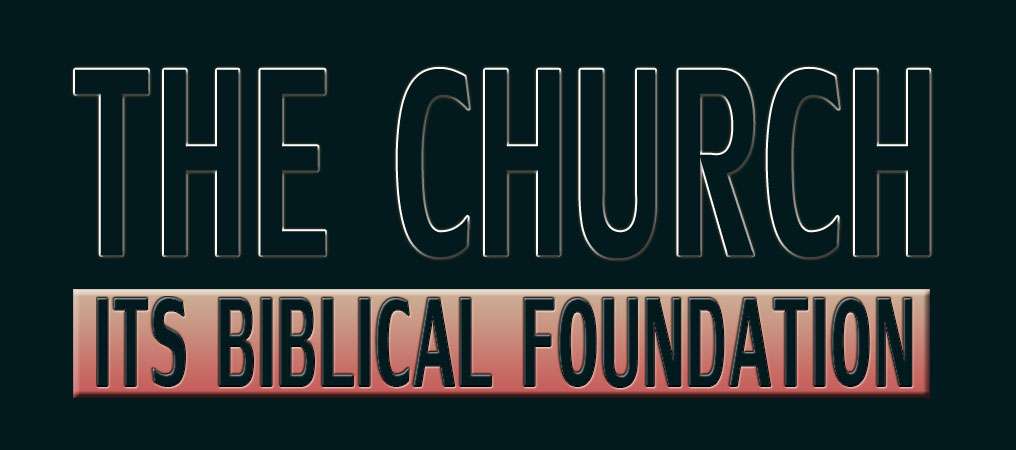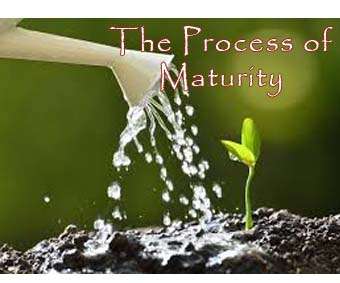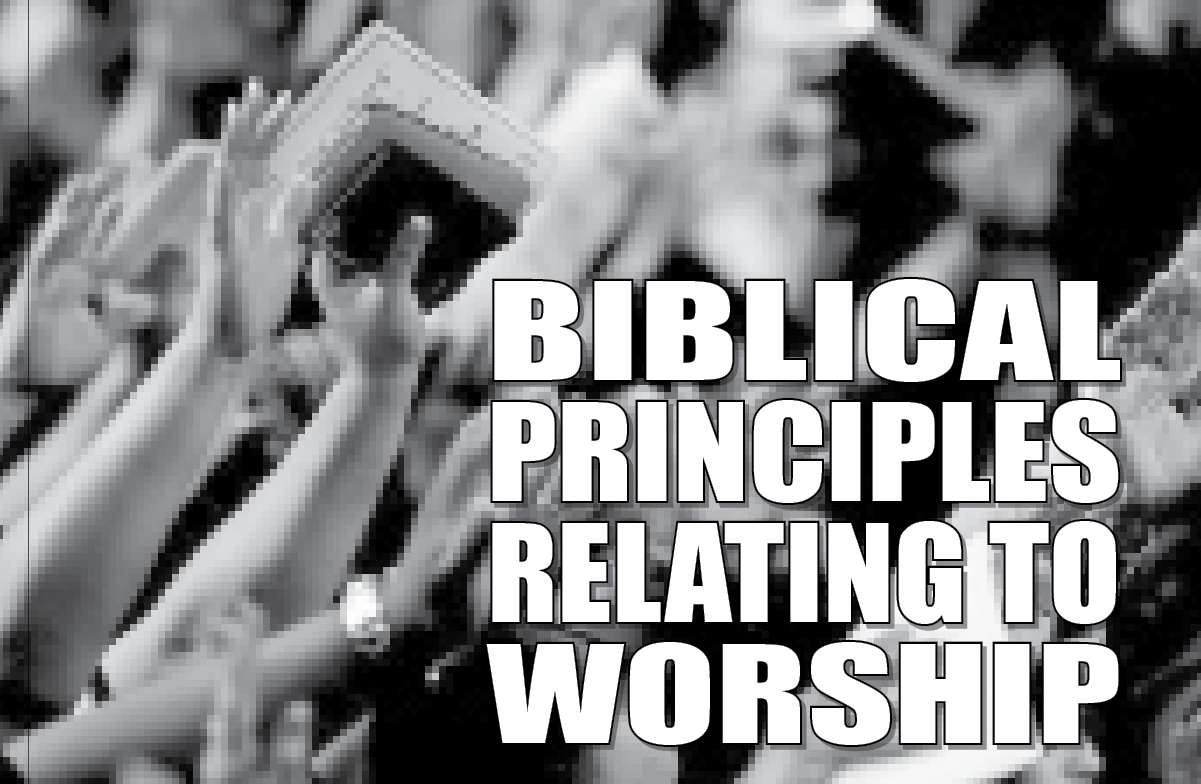

Biblical Understanding of Honoring the Elderly
Dr. A. C. George
We live in a generation that does not give much space for the elderly. They are often neglected, despised and belittled by the younger ones. While this may be a generalisation, it can be stated that in some cultures- especially in cultures that follow animistic beliefs and ancestor worship practices- the elderly folks are highly respected and revered. Yet, the global picture is that the older people are looked upon as a burden and not a blessing.
Elders are the custodians and guardians of moral, cultural and spiritual traditions of the society. In biblical times they had a high status because of their wisdom of experience and skills to give counsel to others and take decisions that affect the community. In ancient Israel , "the elders at the city gate" were men of power and authority. Their decisions were binding on individuals, families and the community as whole ( Gen.23:10; Ruth 4:1-11; Pro. 31: 23). But in the changing scenario of modern times, traditions are replaced by whims and fancies of the younger generation that controls and regulates social norms, a serious consideration of the role we assign to our parents and elderly people is absolutely relevant and imperative. It is gratifying that Revive is giving special attention to this important matter.
The article assigned to me focuses on the issue of honouring the elderly. I propose to deal with this subject under the following points:
1. The Biblical Injunctions
The Bible places great emphasis on honouring others. The apostle Paul's charge to the Roman believers is just one example of this. In the context of submission to the authorities he says: " Give every one what you owe him ... If respect, then respect; if honour, then honour" ( Rom.13:7). The word honour indicates an expression of great respect. To honour someone means not only showing respect or reverence, but it includes doing something that brings pride or pleasure to that person.
The Decalogue or the Ten Commandments which God gave to Israel, his covenant people , summarises God's essential requirements for his people: Loving and revering God and showing due respect to humans. It is interesting to note that of the six commandments which deal with various aspects of human relationships , honouring the father and the mother is placed first. The fifth commandment reads: " Honour your father and your mother, so that you may live long in the land the Lord your God is giving you"(Exo:20:12). This command is restated in other parts of the Bible - and with some slight variations.
"Each one of you must respect his mother and father, and you must observe my Sabbath, I am the Lord your God" (Lev.19:3). This is mentioned here as a requirement for holy living. We can also observe here that the command to honour parents is mentioned first and the keeping of the Sabbath next.
"Rise in the presence of the aged, show respect for the elderly and revere your God. I am the Lord " .(Lev. 19:33). This is an all inclusive statement on the fifth command. The aged and the elderly must be held in honour, no matter who they are.
Some reflection of the fifth commandment can be seen in the proverbial sayings of king Solomon. Interestingly, the statements we find in Proverbs are in negative forms and carrying consequences for violation of the sacred obligation :
"If a man curses his father or mother his lamp will be snuffed out in pitch darkness" ( Pro.20:20).
"Listen to your father, who gave you life, and do not despise your mother when she is old" (Pro. 23:22).
"There are those who curse their fathers and do not bless their mothers" (pro. 30:11).
When Jesus came into the world, he initiated the new covenant and a new order of worship, in contrast to the Levitical system of worship and rituals. Yet Jesus did not alter the moral law. He stated categorically, " I have not come to abolish them, but fulfil them"( Matt.5:17). Jesus cited several commandments and gave them new perspective and meaning (Matt.5:21-47). He quoted the fifth commandment in his confrontation with the Pharisees and substituted it with worthless human traditions (Matt. 15:4-6).
Let me add here that the teaching on honouring parents and elders was not limited to Jesus alone. The apostle Paul, whose mission in life was to follow Jesus in doctrine and life,did not forget to admonish the believers to do the same (cf. Eph.6:1-3; Col.3:20; 1Tim.5:1).
In short both the Old Testament and the New Testament underscore the significance of the fifth commandment.
2. Biblical Examples
The Bible not only gives us teaching on the subject of honouring the parents and the elderly, but also gives us numerous examples of people who showed it through their behaviour. Just a few example are given below:
The Sons of Noah
Shem and Japheth - did a noble thing to protect the honour of their father, while Ham their brother made his father's nakedness public, inviting curse from God (Gen.9:20-23).
The sons of Eli
Children can bring honour or dishonour to their parents through the things they do. The sons of the priest spoiled the reputation of their father by doing profane things and indulging in sexual immorality. Consequently, the judgement of God fell on Eli and his household (1sam.2:12, 22-25).
These two examples show the negative side of human behaviour in regard to parent-child relationship.
Let's focus now on the brighter and positive side of honouring the parents.
Isaac
The obedience which Isaac demonstrated when Abraham took him to mount Moriah to offer him as a sacrifice, shows the highest form of love, trust and obedience a son could give to his father. (Gen.22:3-12).
The sons of Jacob
The patriarchal stories in Genesis contain episodes that show the love and respect the sons of Jacob had towards their father, in spite of occasional lapses. The patriarchal blessings were highly regarded as shown in the story of Jacob and Esau ( Gen.27) and in Jacob's blessings on his sons ( Gen.49). Joseph, in particular showed extreme devotion to his father and gave him a princely funeral by embalming his body after the Egyptian custom (Gen.50:1-5). Getting a decent burial in one's own land was considered a great honour for a man, according to contemporary records. The sons of Jacob obeyed his command and buried him in Canaan in the cave of Machpelah (Gen.50:12-14).
The Recabites
The story of Recab and his sons is set in Jeremiah in stark contrast to the rebellion and disobedience of Israel (Jer.35:12-17). Jonadab,son of Recab ordered his sons not to drink wine and they kept their father's command for generations. The obedient Recabites were blessed for honouring their forefathers, while the apostate Israel invited disasters ( Jer.35:17)
The example of Jesus
The Incarnate Son of God set a supreme example of honouring parents. After the temple incident, when he was twelve years old, Luke the historian says, "then he went down to Nazareth with them and was obedient to the them."(Lk.2:51). What was Jesus doing during the next 18 years - the period called "the silent years" -?. Jesus continued to "grow in wisdom and stature and in favour with God and men (Lk.2:52). From this we learn that Jesus was actively engaged in doing things that pleased his Father and interacted with the people of his community. He must have also helped Joseph in his carpentry work. Hence, the people of his neighbourhood knew him as "the carpenter's son" (Matt.13:55). During his short period of ministry, Jesus went around doing good and healing all who were under the power of the devil ..." (Acts 10:38). Jesus blessed the old and the young and ministered to all types of people. His concern for his mother was clearly seen when he entrusted her care to his beloved disciple John, while hanging on the cross (John 19:27). Jesus' life could be summarised as a life that honoured his Heavenly Father as well as all those who crossed his path.
Conclusion
Old age is a time when physical and mental abilities decline. The writer of Ecclesiastes describes old age in graphic terms in ch.12. Those "sunset years"of life need not be gloomy, as some think. With the younger generation - especially the children understanding them and providing adequate help to them, the elderly can go through this phase of their journey with hope and optimism.
Honouring the parents and the elderly, as commanded by God is a supreme duty of the sons and daughters. I trust that the Biblical injunctions and the Biblical examples cited in this article will serve as an incentive to love, honour and provide sufficient space for the elderly who are longing for these things. Remember, the elderly people are not a burden but a blessing, if we perceive them as conveyors of a rich legacy they can pass on to the younger generation.








